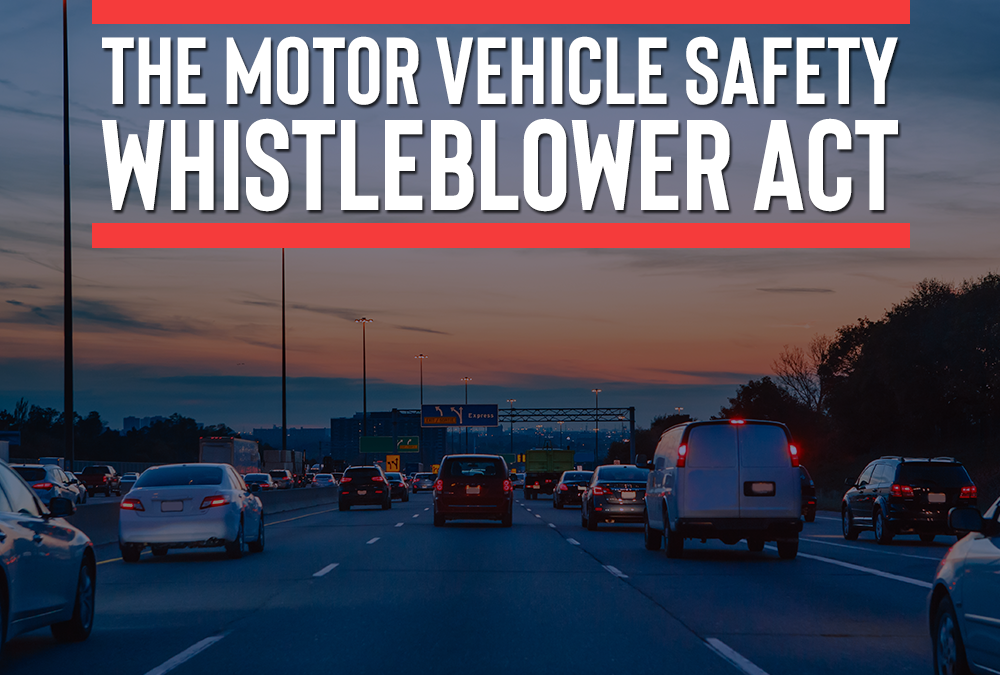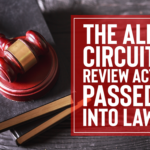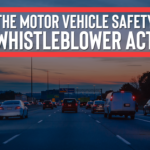Everything you need to know.
Although whistleblowers have several means in place already to report corporate fraud to the federal government, including the False Claims Act (the IRS whistleblower program) and the CFTC and SEC whistleblower programs, a new law is on the books that rewards whistleblowers for coming forth with valuable information in the auto industry. This fraud-fighting, bipartisan law is known as the Motor Vehicle Safety Whistleblower Act (MVSWA).
MVSWA came forth in late 2015 and has offered monetary incentives to those who report any information regarding life-threatening automobile safety issues to the National Highway Traffic Safety Administration and/or the U.S. Department of Transportation. This law is part of the Fixing America’s Surface Transportation Act (FAST Act) and was centered on the whistleblower programs and laws.
Senators Bill Nelson (D-FL) and John Thune (R-SD) came together in the aftermath of many major automobile safety issues, including massive recalls by General Motors ignition switches, Volkswagen’s emissions scandal and Takata Corporation’s airbags, as well as several others, to make this act possible.
Key Components of the MVSWA
- The MVSWA only allows for industry insiders to blow the whistle where auto safety issues are concerned. This pertains, for the most part, to employees and independent contractors who work for automobile manufacturers, dealerships and parts suppliers. Consumers are not considered viable whistleblowers under this law, regardless of whether they discover safety issues in vehicles they purchased.
- Whistleblowers do not have to be U.S. citizens to blow the whistle and the issues they report do not have to arise in the United States. As long as the safety issues impact vehicles sold in the United States, the issues can be reported.
- Whistleblowers are required by the MVSWA to come forward voluntarily. If an individual comes forward to report a safety issue in response to a government subpoena or investigation, he will not be considered for receiving whistleblower rewards.
- Whistleblowers do not have to file a lawsuit. They can submit their information to the government online, by mail or fax. They can submit their information anonymously to the government if they are represented by a lawyer. If a whistleblower does not want to submit anonymously, he does not need to be represented by a lawyer. The government will do its best to keep the whistleblower’s identity confidential.
- Whistleblowers are only rewarded by the MVSWA if they provide information that results in $1 million in sanctions by the government. Rewards range from 10 to 30 percent of the money the government recovers, depending on the contribution and cooperation of each whistleblower.
- Some employees are not eligible for whistleblower rewards, according to the MVSWA. Individuals who are criminally convicted in connection with or deliberately caused the auto safety issue are not eligible, neither are individuals who provide information to the government that another person has previously reported (unless they are working together – then they would share a reward). If an employer implements an internal compliance program, requiring employees to report issues internally, then the whistleblower must make an internal report prior to reaching out to the government. Employees who are under an internal compliance program and who fail to report internally first may lose their rewards. Yet if the whistleblower believes reporting internally would result in retaliation, then he is not required to do so.
Employees and contractors who blow the whistle on safety issues are protected from retaliation. Thanks to the Moving Ahead for Progress in the 21st Century Act (MAP-21), employers are prohibited from discriminating against employees who notify the government about auto safety issues, as well as those who refuse to participate in activities they believe would contribute to auto safety issues. Any whistleblowers who undergo retaliation are entitled to reinstatement of their former positions as well as recovery of lost back pay, an award of compensatory damages, payment of their employment attorneys’ fees and restoration of all privileges of their employment.




